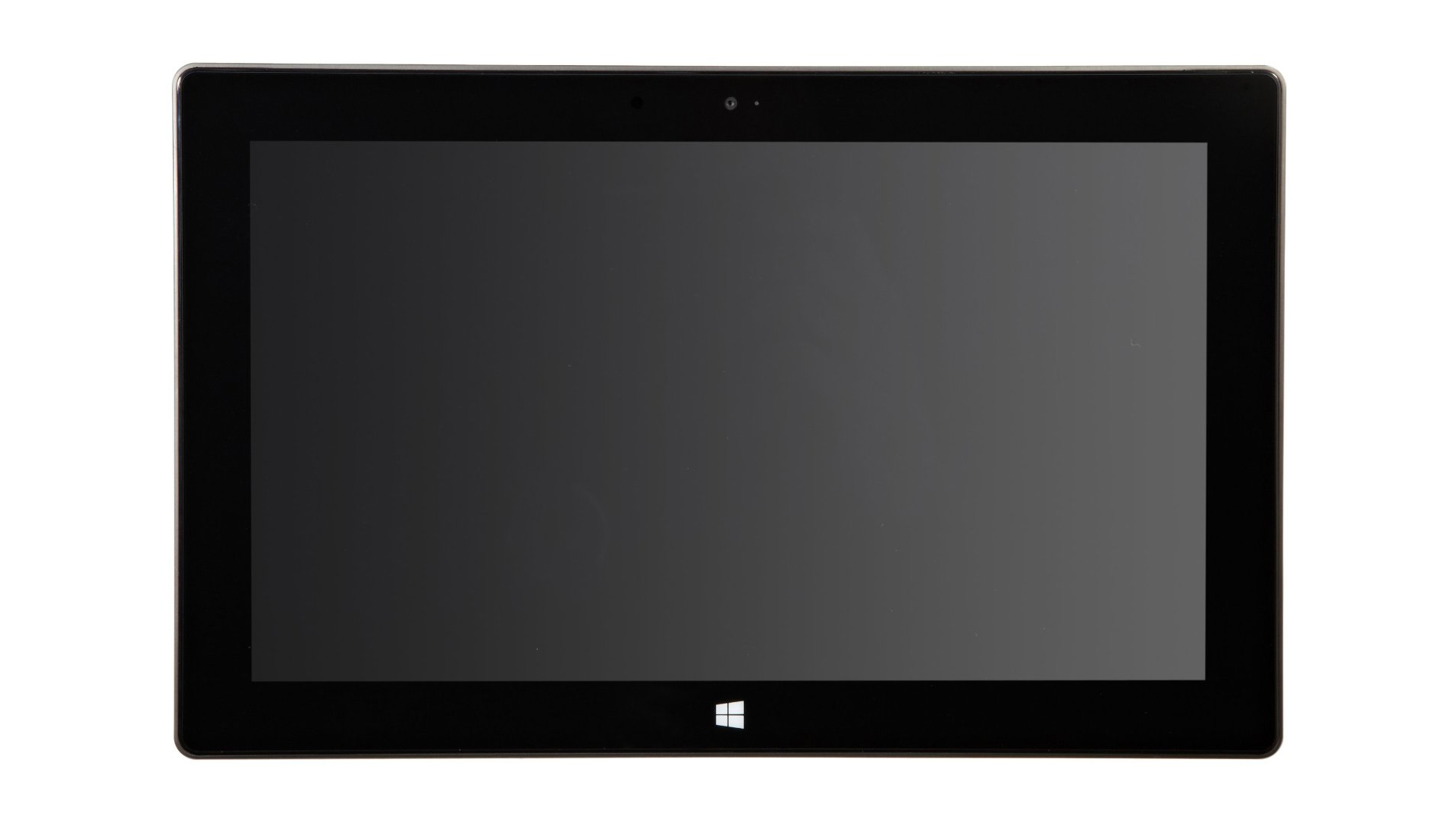According to Microsoft, the new Surface is selling great. If you’ve seen the commercials you can quickly tell that this device will let you have a great hipster/rave mashup party right in the comfort of your own city bus and/or college campus. The Surface, which is Microsoft’s answer to the question, “Will Microsoft make a Tablet”, is arguably much better than Steve Ballmer’s “No, I don’t see the point in a tablet” answer from a few years ago.
Yet, Ballmer’s answer proves to be somewhat prophetic for the product that now sits on the shelves. As holiday shoppers buy a dominating amount of Apple products (Black Friday sales at MoA and other shopping centers were reporting a 5:1 rate of iPad to Surface, and reports trickle in of an alarming amount of Surface returns), it’s interesting to note that most consumers really want an alternative to the iPad. They just haven’t found the girl that’s prettier yet. Sure, they are dating all forms of clunky, poorly constructed and ultimately unsatisfying Android Tablets, and a few have settled into the Kindle Fire, which feels like an old comfortable girl next door. The Kindle Fire isn’t shiny and new like the hot iPad girl down the street, or her weirdly younger looking iPad Mini cousin, and you’re pretty sure the Fire doesn’t know all those kinky positions that the Apple girls know, but they are comfortable like an old pair of shoes and they get the job done.
Which is a weird analogy way of saying that people really, really want a good alternative. Windows phones have been largely a huge bust, but hope was there that the Surface, which had a decent name and look to it, was something different. Something new. Something that could provide a real alternative that didn’t feel like settling for an old shoe. But like the tablets before it, the Surface is fatally flawed. Most frustrating it’s flawed in ways that go beyond Google’s attempts and didn’t manage to achieve even the basics that Amazon’s product has. It traces back to Ballmer’s comments, which somehow seem to define everything that’s wrong with the device. The Surface is not really a tablet. It’s a laptop. A touchscreen laptop, which is nice, but Microsoft had those five years ago with Lenovo. It’s also hidden beneath an almost tablet look and feel ala Windows 8 and their Metro design, put a few quick clicks and you get to a really scary looking place.
Hold on, why would a tablet ever look like this? The answer is it doesn’t. This is a laptop, not a tablet, and Microsoft is still living in a world that says that the revolution is centered from home, in a nice comfortable desktop computer, and if you really, really, really must wander around outside then you should do it with a laptop that feels like your PC back home. Bits of the Surface feel like someone living in a state of terror that the world is changing around them, and thus a quick coat of paint was slapped on the traditional PC interface you’ve been looking at for nearly 20 years. It’s as if someone is saying “Look, if we make the shell UI pretty enough people won’t realize that it’s the same old stuff underneath”.
But even the shell feels tired. Think about that: this is a new device, barely a month in the world and it feels… old. The Surface has fundamental problems: namely, it doesn’t know what it is. In a world where you’re poorly skinning a laptop to pretend it’s something else (and invariably the end product is buggy as a result), then slapping a price tag that, with a nice keyboard, high memory/HD and carrier contract, exceeds the iPad by a good $100… and worse, exceeds the cost of a Netbook running the same OS by $300 or more… you’ve got a flawed product. This is critical: laptops themselves have dropped in prices to the point that they are significantly cheaper than the Surface… no matter how pretty the case is (and it is pretty) you can’t be a far more expensive pseudo-laptop/poorer iPad with greater than iPad pricing.
I’m one of the people above: I badly want Microsoft to succeed here, or anyone really. I mistrust Google and think their motivations for all of this gets back to controlling advertising dollars, so I’d really like Microsoft to have a win and battle Apple for dominance in this market. Perhaps, like the Xbox, the first version will suck and the company will rally to do it better in round two. But in order to succeed their mentality has to change: there is a fundamental shift that has happened in how we live in our digital world. People are on the move, away from their desks and out of their homes. We want products that reflect our lifestyle… not chain us to the past.
